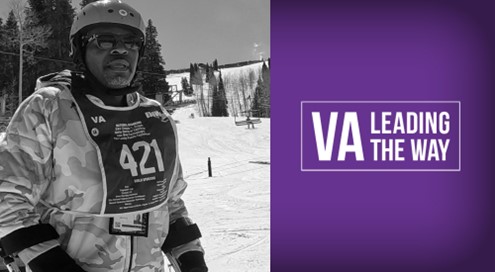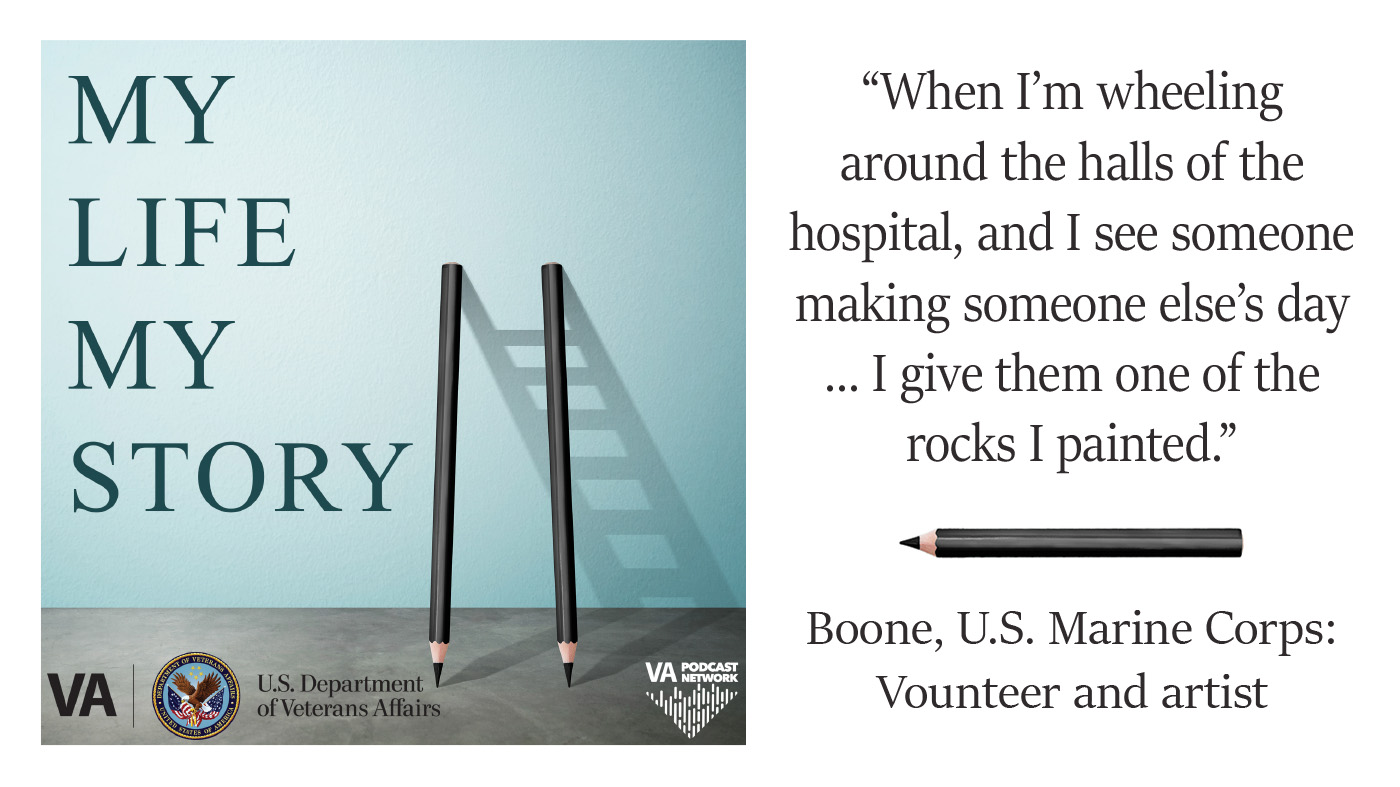Six years after a catastrophic car crash that cost him his leg, Army Veteran John Wade feels more alive than ever before.
Wade, a tank driver who did two tours to Iraq, retired from the Army after 17 years. After his service, he battled PTSD and what he referred to as “self-hate.” He attempted to take his own life three times in the years following his separation from service. Then, in 2018, the brakes failed on a semi-truck he was driving, forcing him to choose between barreling into traffic or swerving off the road into an outcropping of trees.
He ran into the trees because, doing so, would risk fewer lives. Seven weeks later, Wade awoke from a coma, missing his left leg below the knee.
“It was a factory reset,” Wade said. He remembers struggling to breathe after the crash, then waking from the coma thinking that, if he could fight like he did to stay alive during the crash, he could fight to live his life.
“It was the best thing that has ever happened to me,” he said, of the choice to fight to live.
Now, Wade is living his life to the fullest because, “There’s lemonade to be made.” As a result of the crash, he lost the ability to talk. He learned to speak again at the Northeast Ohio VA in Cleveland and learned to walk with a prosthetic leg.
In April, he participated in the 38th Annual National Disabled Veterans Winter Sports Clinic, one of six VA adaptive sports and arts programs VA offers. Wade has gone rock climbing, sky diving, scuba diving and skiing—sports he never would have tried if it wasn’t for his new perspective on life and the opportunities VA has provided through adaptive sports.
Wade tested the G-3 Infinity Knee, a prosthetic specifically designed for amputees to use while enjoying outdoor activities. The prosthetic has an advanced pneumatic/hydraulic shock, allowing users to make micro-adjustment movements nearly as fast as they can think of them.
“Don’t sell yourself short on what you can and can’t do. If you can’t do something, you just can’t do it yet. Not only can you survive after an amputation, but you can thrive,” Wade shared.
VA Adaptive Sports
The National Disabled Veterans Winter Sports Clinic is a five-day event held each year in Snowmass, CO, hosted by VA and Disabled American Veterans (DAV). The event helps empower Veterans with traumatic brain injuries, spinal cord injuries, orthopedic amputations, visual impairments, certain neurological conditions and other disabilities by inviting them to challenge themselves in adaptive sporting events. Veterans participate in a variety of sports, including alpine skiing, curling, rock climbing, scuba diving and many more.
The clinic is just one of the many events VA’s Office of National Veterans Sports Programs and Special Events hosts to inspire health and healing through adaptive sports and therapeutic art programs. These events aim to optimize Veterans’ independence, community engagement, well-being and quality of life. The programs are built on clinical expertise within VA, with essential support from Veteran Service Organizations, corporate sponsors, individual donors and community partners.
“We are here for paralyzed and disabled Veterans as much as we can be, and we are often the only and best resource for Veterans. Please trust us with your care,” said VA Under Secretary for Health Dr. Shereef Elnahal.
Wade still receives health care from Northeast Ohio VA, where providers helped him learn to talk and walk again. He smiled, recalling his occupational therapist, Patty, who has been with him throughout his recovery. “When you go to a VA, it’s like you’re home,” he said.
Resources
For more information on VA’s Rehabilitation and Prosthetic Services, visit Rehabilitation and Prosthetic Services Home (va.gov).
Watch the latest episode of the VA Under Secretary for Health’s podcast, “New Horizons in Health: Bringing Veteran Health Care Into the Future: Adaptive Sports.”
Veterans in crisis, or friends and family concerned about one, can connect with caring, qualified responders 24/7 at VA’s Veterans Crisis Line: 1-800-273-8255, text 838255, or https://www.veteranscrisisline.net/.
Topics in this story
More Stories
In the story featured in this episode of "My Life, My Story," Boone's life is a "flash" story, where there's a before and then what came after.
Veterans can send their diabetes health information from continuous glucose monitors and smart devices directly to their VA care teams.
Think back to the last time you recovered from a cut, burn or infection. That’s inflammation working to protect your body.





